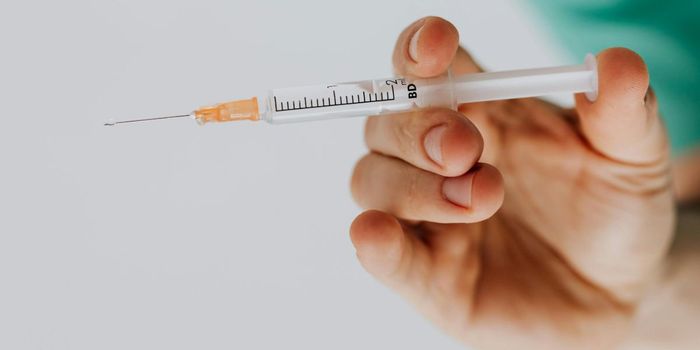Is it Alzheimer’s disease? It’s hard to know if the deterioration of memory and other neurological symptoms are related to AD, or are an indication of a tumor or other structural issue in the brain Perhaps some of these symptoms are just the normal aging process and not anything more specific than getting older? Currently, the only certain way to diagnose dementia that is a result of Alzheimer’s is by way of an examination of brain tissue during an autopsy. While a patient is still alive, clinical factors and other observations can be made, but Alzheimer’s can only be definitively diagnosed after death. An early test for the disease has of course been the focus of many studies within the field of neuroscience but nothing has been confirmed yet.
A 2013 study at the University of Florida McKnight Brain Institute suggested that the ability to smell peanut butter might be an indicator of Alzheimer’s disease. The expression “Does it pass the sniff test” could very easily be applied to this research. The 2013 study opined that there was a correlation between the ability to smell peanut butter and the incidence of AD. While the study was small and not entirely conclusive it did provide researchers with the goal of finding an inexpensive and non-invasive way to determine if a patient actually has AD.
In a follow up to the Florida study, researchers at the
University of Pennsylvania conducted a similar study. They were unable to replicate the results of the earlier study in Florida. While it is common that patients with AD have some impairment in their ability to smell certain substances, the “peanut butter test” could not be definitely confirmed by further research.
Currently it is estimated that approximately 5.1 million Americans might be suffering from the effects of Alzheimer’s disease.
And the numbers keep growing. Current research from the National Institute on Aging indicates that the prevalence of Alzheimer's disease doubles every five years beyond age 65. By the year 2050 the costs of treating AD could rise to $1.1 trillion, up from the $226 billion estimated through the year 2015. Finding an inexpensive way to test for the disease has become a crucial part of the research surrounding the causes and treatments for the dementia that results from Alzheimer’s disease.
While the headlines continue to tout the peanut butter test for AD, despite the fact that the results could not be replicated in another study, the fact remains that this form of dementia will be a significant issue in the coming years and there is still no way to diagnose the disease with any certainty until after death. While there are tests and studies being conducted that might shed some light on
early testing for the disorder the ability to definitively say to a patient suffering from dementia “This is what is wrong with you” is still quite a ways off. For now. Take a look at this video for information on the peanut butter test and why it's not the easy answer.









